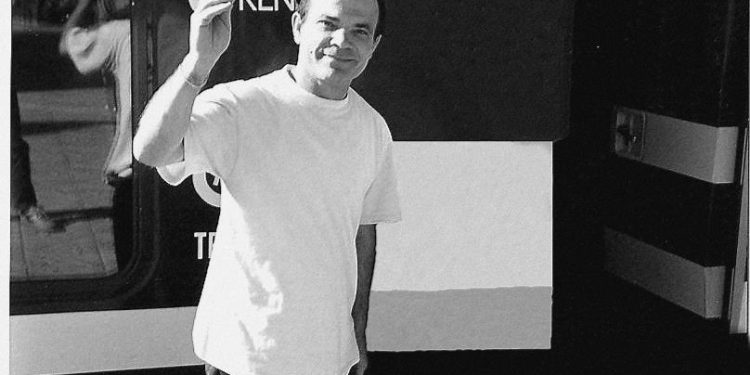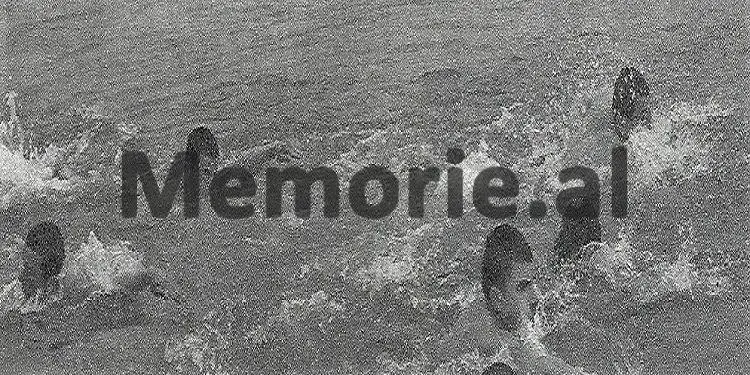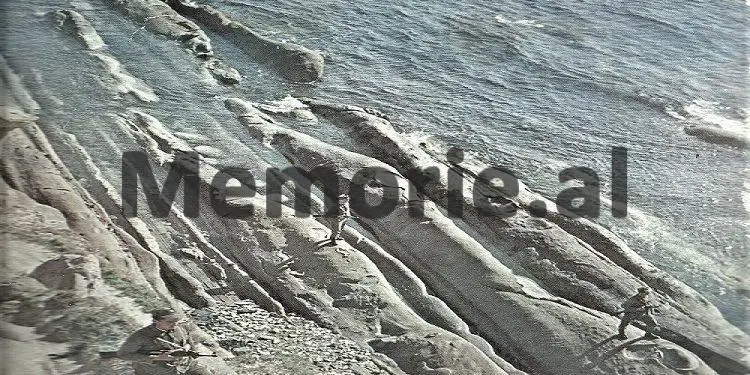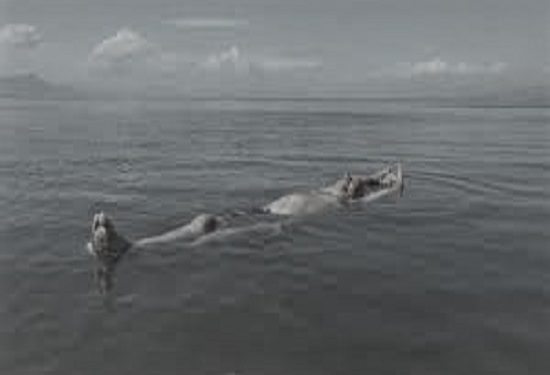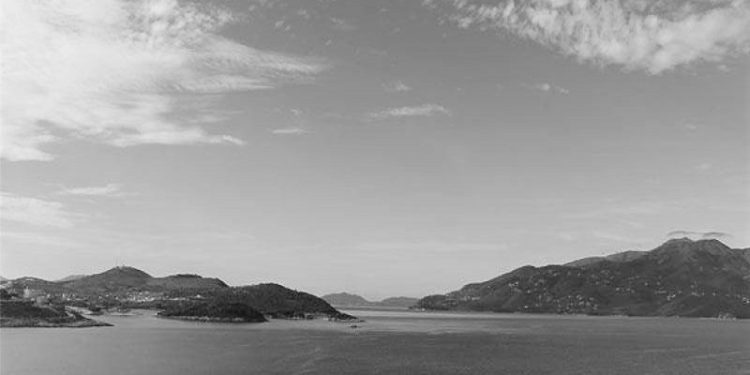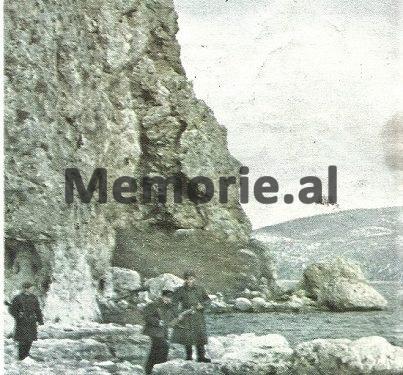By Vasil Qesari
Memorie.al/ The overthrow of the great totalitarian edifice in Albania would leave behind, not only the change of the system, accompanied by lots of hopes, mirages and cries of happiness but, unfortunately, also many wounds, dramas, victims, dust, milk and disappointments from the most different. Ten years and more after that event, which deeply shook society, completely overturning many previous codes, rules and concepts, people still continue to ask themselves such questions as: What really happened in society Albanian, during the last 50 years of the dictatorship? How was it possible that the system managed to warp everything? Why did people accept it? What was the totalitarian logic of the transformation of society and the individual? How were the structures of totalitarian mechanisms conceived and functioning: propaganda, secret police and the exercise of the ideology of terror? How did it happen that among all the communist countries of Eastern Europe, Albania was considered an exception or a special case? Why did Enver Hoxha remain blindly, fanatically loyal to Stalin until the end, turning the country into a prison where violence, fear and purges continued until the end of the 80s? Why was the country so insanely isolated, locking people up between bunkers and barbed wire? Why, then, did all the above phenomena happen…?! The book “Post-scriptum for Dictatorship” does not claim to provide definitive answers to the above questions, or the complexity of the reasons that brought and maintained the totalitarian power in Albania. Nor is it a complete, deep and comprehensive fresco of the life and suffering that people experienced during that system. Its author, perhaps, has the merit that together with the retrospective view of the totalitarian period as well as the zeal of a passionate analyst, he has tried to turn his head back once again, to give not only his personal memories and opinions, but also to return once again to the vision of that era with the simple philosophy of preserving the Memory and supporting the Appeal to never forget the well-known maxim, that…the corpse’s nails and hair continue to grow even after death! Ten years or more after the great revolution, the book in question has current value and we hope it will be appreciated by the reader because, as an Albanian researcher also says… the greatest evil that can happen to a people comes when he fails to analyze his own past. An amnesic people are forced to be constantly neuropathic and repeat their painful experiences…!
Continued from the previous issue..
THE MURDER OF JEAN – MARIE MASSELIN
Terrifying data about the isolation, the hermetic closure and the brutality of the Albanian border guards, are brought to us by two French authors. The couple Elisabeth and Jean-Paul Champseix, during the years 1982-1988, worked as professors of French at the Faculty of Foreign Languages of the State University of Tirana. Having lived for a long time in our country, they closely observed the complex reality of the last Stalinist stronghold in Europe, the place of paradoxes and great fear.
In their book “Boulevard Stalin – 57”, among other things, they also write about the episode of the cruel murder of the French citizen Jean-Marie Masselin, by the Albanian border guards. The murder of the employee of the “Mediterranean Club of Corfu” took place on June 18, 1984, while he was in the company of two other French tourists, Bertrand Labat and Robert Hoatua, people passionate about diving and underwater fishing.
In the waters near Corfu, beaten by motorboats, yachts, ferries and, of course, fishing boats, for years this sport did not bring the expected pleasures. This was the reason why the three divers, riding on their motorboat and accompanied by a small Greek boat, decided to approach the Albanian coast, which was said to be virgin and very rich in fish.
But, without even going two hundred meters, the Greek, scared, had changed his mind to accompany them further and stopped in the neutral waters, warning them that their idea was dangerous and could bring them very unpleasant consequences. . But the French did not pay attention. They continued sailing and stopped the motorboat four or five meters from the Albanian coast.
Amazed by the crystal waters, the lack of tourists, and the calmness around and also by the thought that they would have the pleasure of making abundant hunts, they hastily put on their underwater equipment. One of them jumped into the water, when…
Robert Hoatua then told a journalist of the French daily Figaro what had happened:
“…Precisely, at the moment when one of our friends jumped from the motorboat into the water, we heard the crackling of gunfire and felt the bullets flying over our heads. We raised our eyes and on a rock opposite we saw three soldiers who were constantly flying in the air and around the motorboat…”!
Instead of giving up and not moving, the three tourists, scared to death, thought that the only thing they could do was to turn back in a flash, towards the island of Corfu. However, the soldiers continued to shoot non-stop around them and any such attempt was impossible. Then, horrified, they tried to explain to them with words and signs, showing them their underwater fishing rifles, with the idea that in this way, they would understand that the purpose of their being there was simply for fun and sport.
At that moment, for the hell of it, a light wind started to blow and the motorboat started to leave the shore by itself. Then the soldiers, enraged and exasperated at the thought that they were trying to escape from their hands, repeated the volleys of machine-guns, shouting that they should not take a single step back.
(Educated to see every stranger as an enemy, they were convinced that the people on the motorboat were nothing more than a group of dangerous agents. Meanwhile, the memories of the attempt and the echo of the landing of Xhevdet Mustafa’s commando on the shores of Divjaka in September 1982, it was still fresh).
The border guards were sure that this time, none of the spies would escape without being captured alive. (If the opposite were to happen, the consequences would be very serious. In fact, they could even accuse them of collaborating with them, and thus, they would certainly end up in a military court).
Unfortunately for the French, who still hoped to find a common language with the soldiers by continuing to show them their underwater equipment (to assure them that they were nothing more than fishing enthusiasts), the latter did not even they knew what wetsuits and pneumatic fishing guns were. For the frontiersmen, they were not only really weapons, but also extremely sophisticated…!
Two or three minutes passed and the calls for the foreigners to go down to the shore as soon as possible became even wilder. The French, terrified, had lost their way, did not know how to act and continued to hesitate. Then, the border guards decided to add on the motorboat. The three tourists rushed to hide behind the cabin which was riddled with bullets.
(Twenty bullet marks were later counted on the engine and over three hundred more on its plastic casing).
Robert Hoatua was wounded by a bullet that hit him in the arm. Bertrand Labat managed to jump from the motorboat and swim, sometimes on the water and sometimes in the water, in the direction of the Greek boat that was waiting outside the Albanian waters. But, their friend Jean-Marie Masselin, did not appear again. Where did you end up?
The day after the incident, a ship brought his lifeless body to the island of Corfu. A bullet had gone through his head far and wide…! The reaction of the Albanian authorities left everyone speechless. The tragic event was completely denied. We neither killed nor injured anyone! – The Albanian Telegraphic Agency declared in a communique, which then continued with justifications that resembled the subject of a spy novel.
The Albanian guards – it said – were not aware of the nationality of the border violators, whether they were French, English, Greek, Soviet or people sent by the son of the former King Zog…! Why, with what goals, had they entered our waters? Through the French press, we learned that another ship was waiting for them in the depths.
What was their mission…? In a version of the foreign press it is said that, initially, Masslin was found dead on a rock, due to a blow to the head. Then, it was written about the other variant that he was hit in the head with a bullet. All this cannot remove our suspicion that something was hidden in the mission of the motorboat and the people who were on board it. …! Memorie.al




